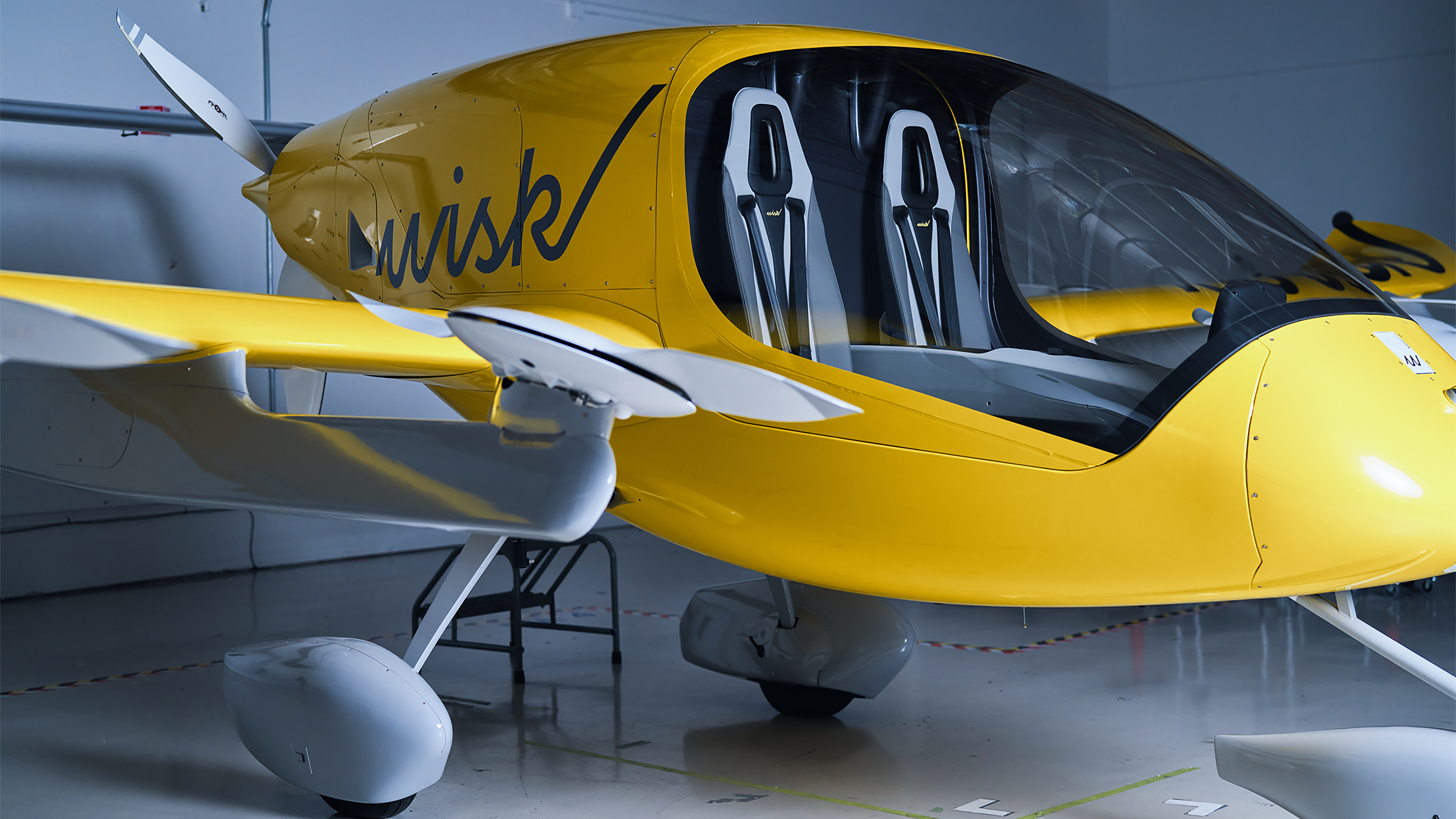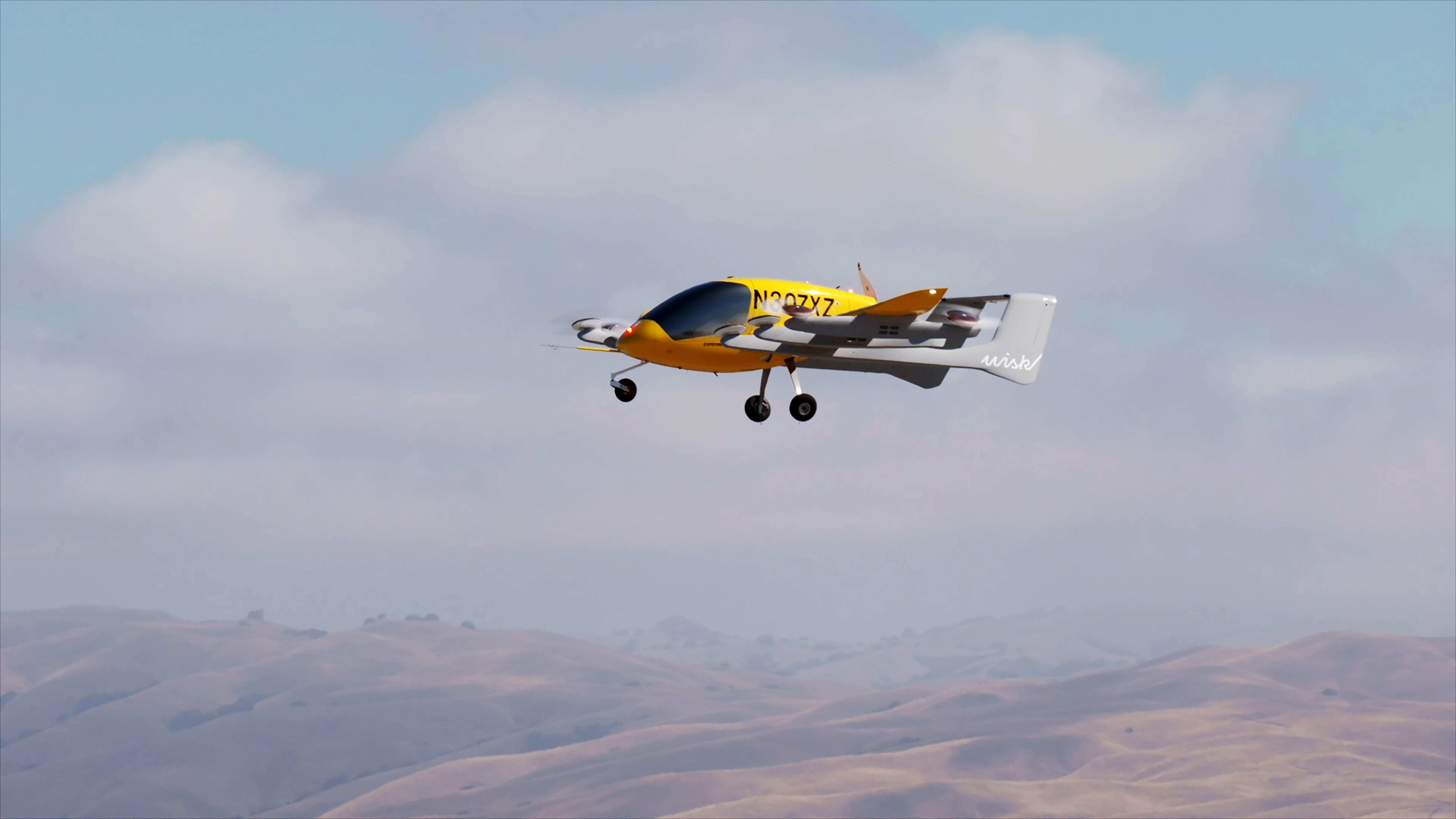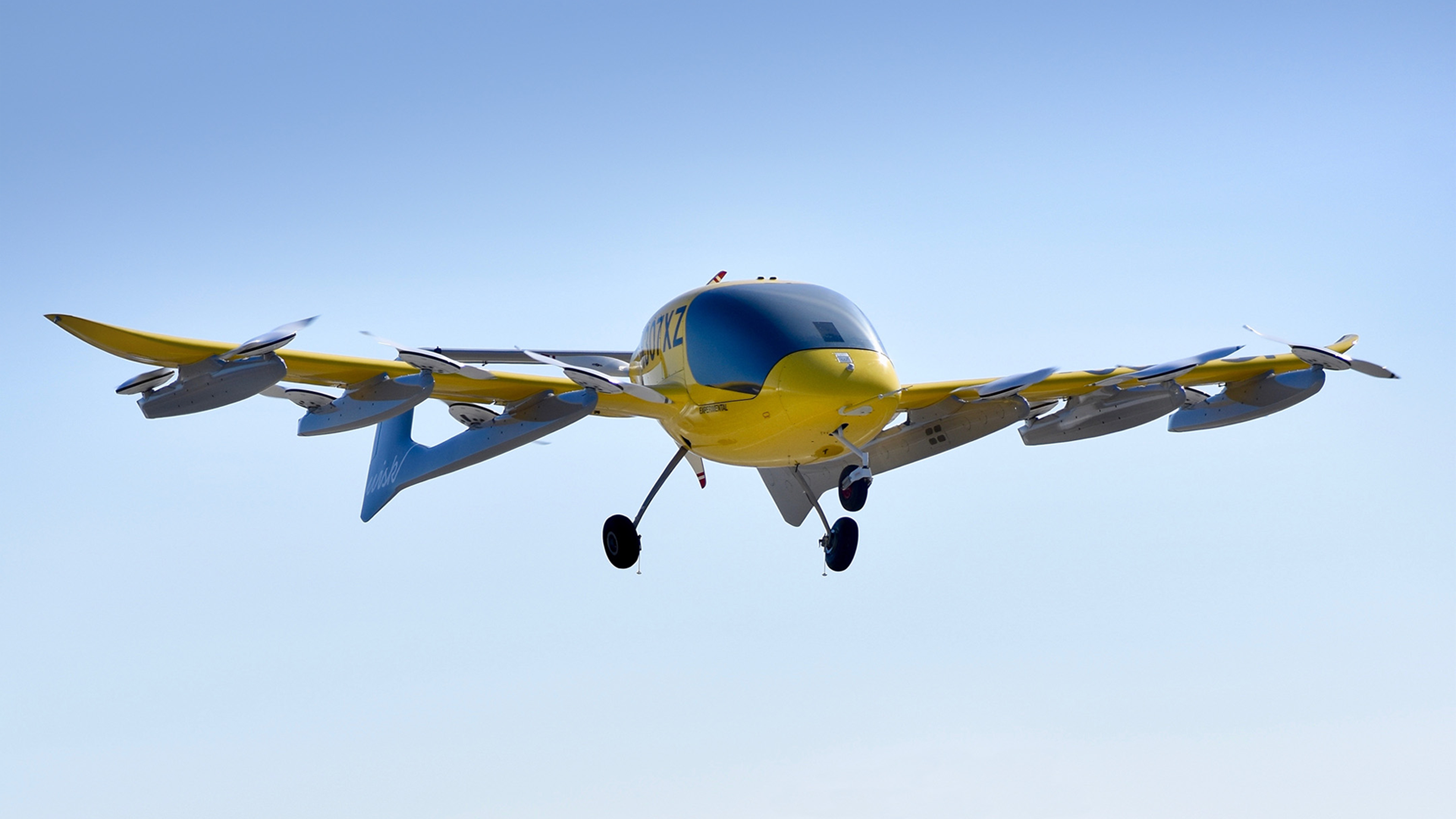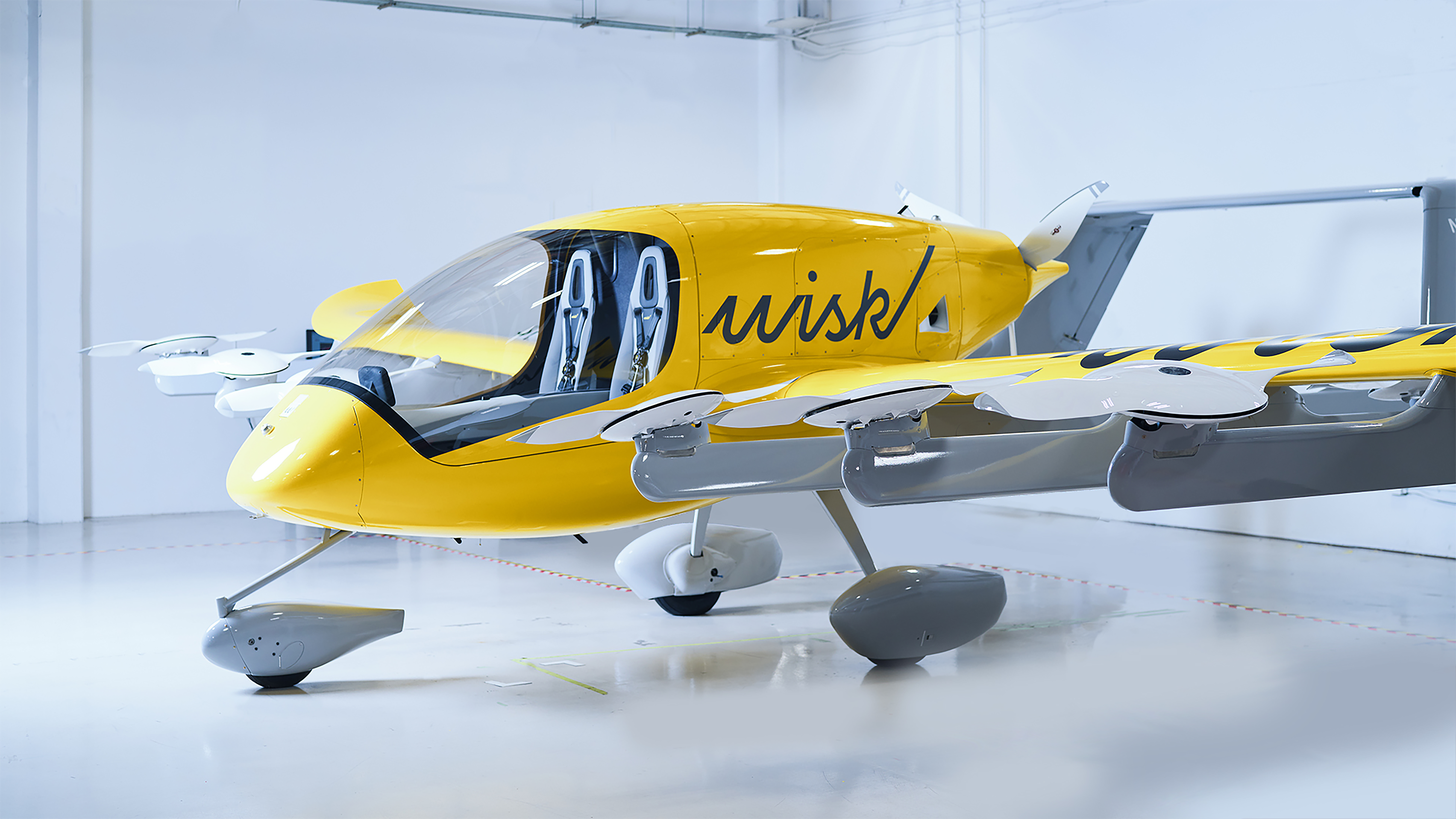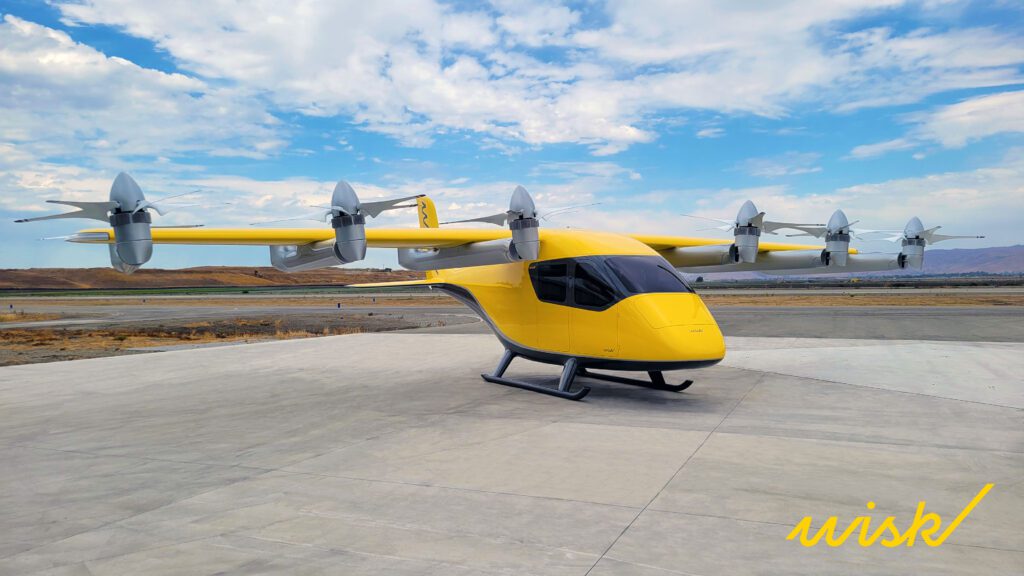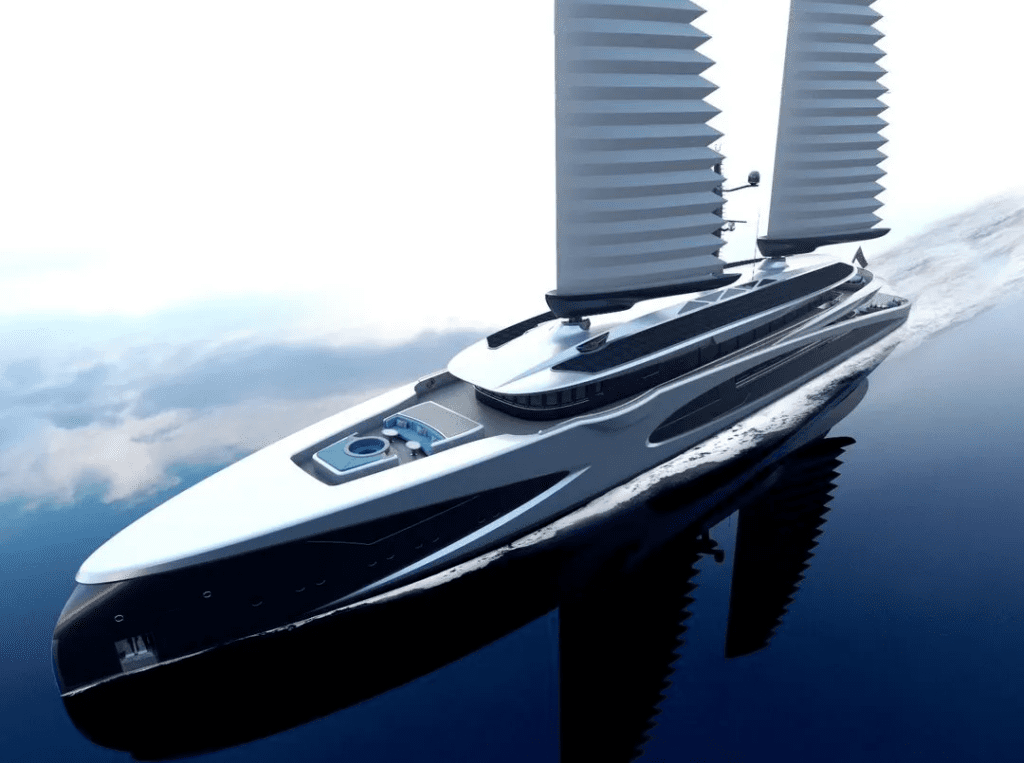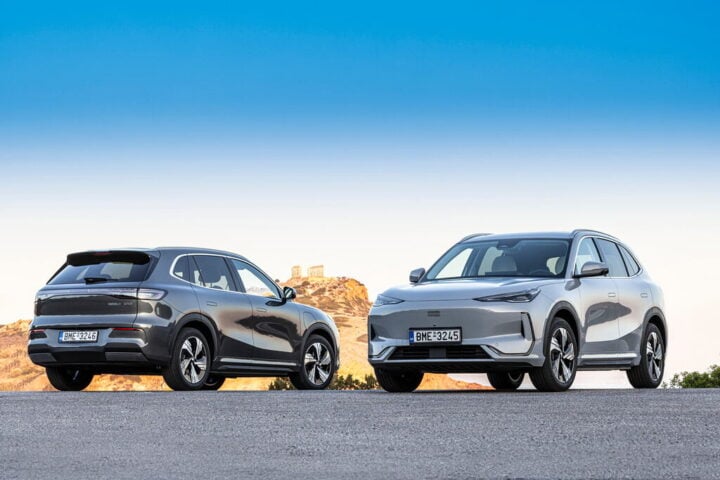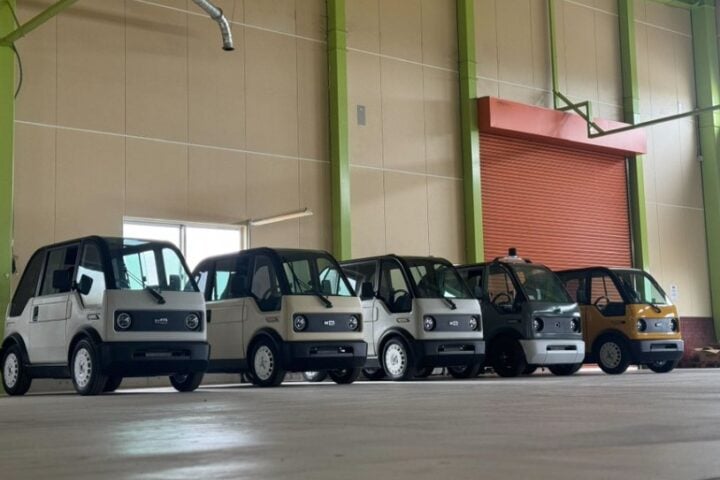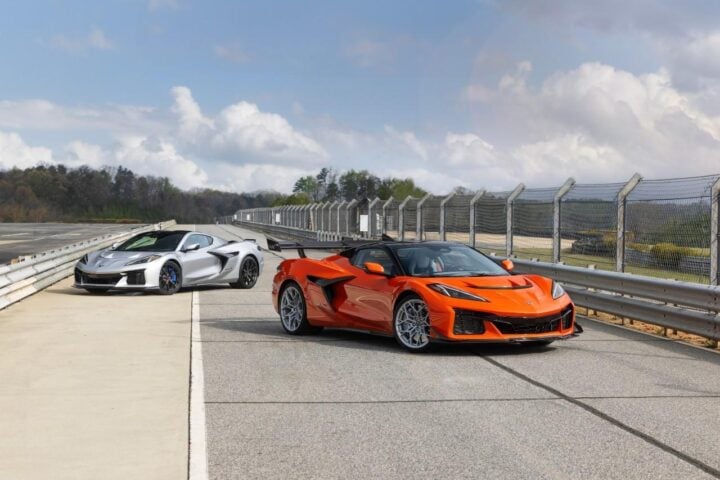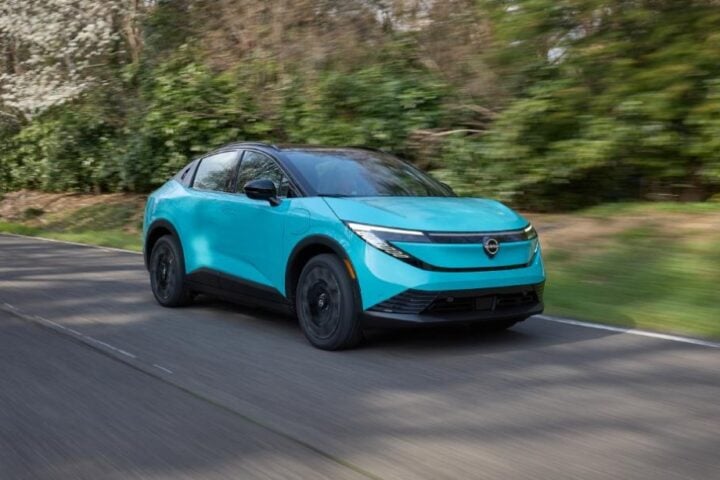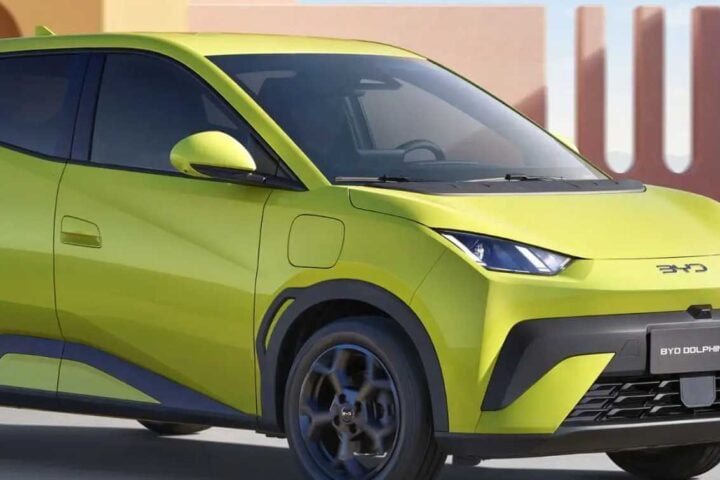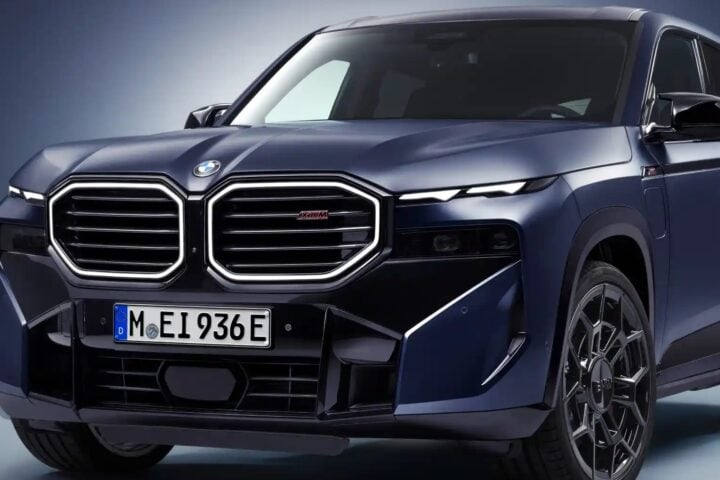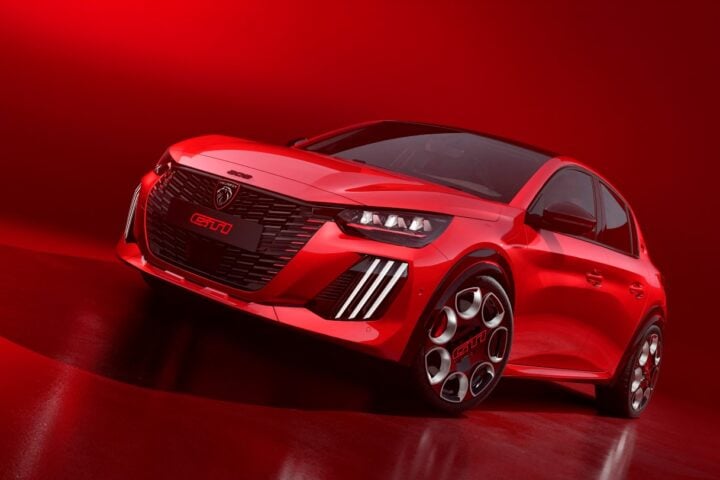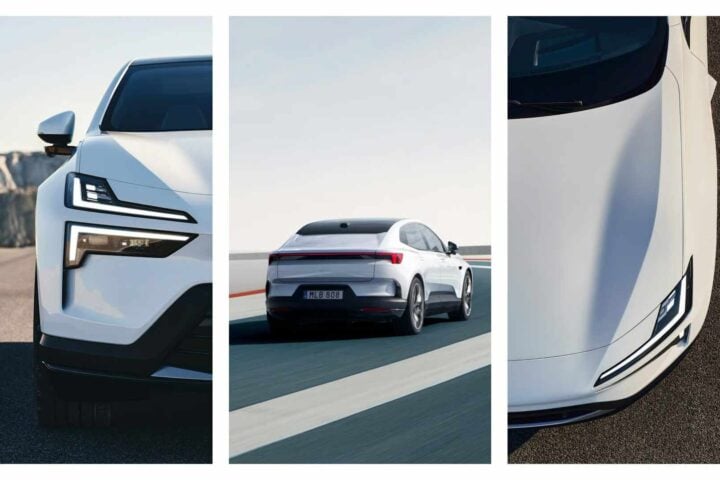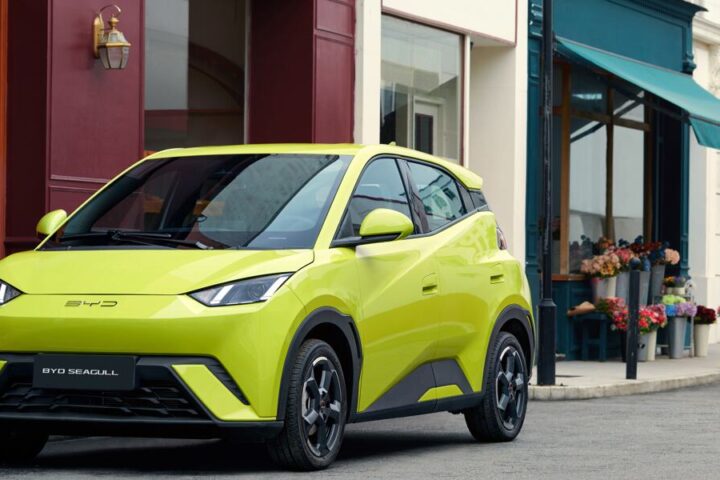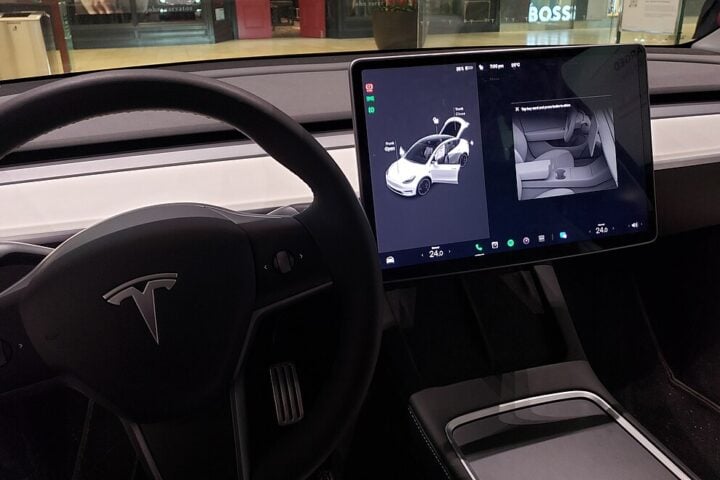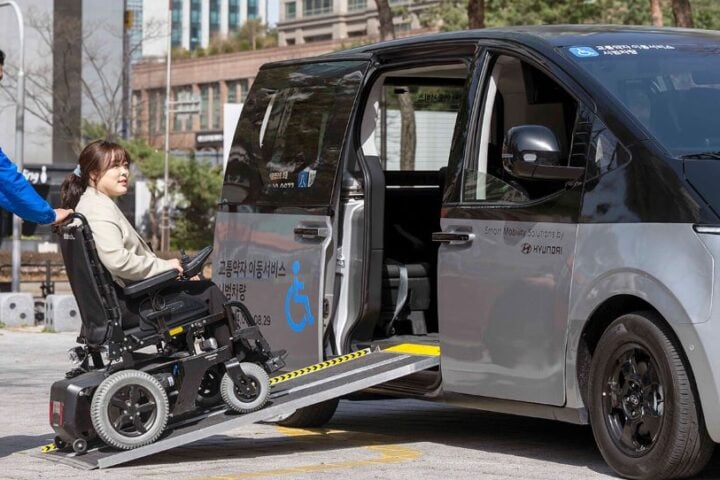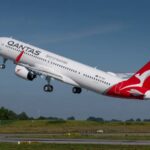Boeing’s recent aviation arm, Wisk, a leading air taxi developer, has nurtured favorable advancements in autonomous aircraft technology. While the concept of pilotless air taxis may have captured the public’s imagination, Boeing’s focus is on enhancing the safety and efficiency of commercial aviation with technology. Boeing aims to deploy artificial intelligence (AI) and automation systems to develop innovations that can be applied to larger piloted aircraft.
Investing in Wisk: A Turning Point for Air Taxi Development:
Boeing’s investment in Wisk and subsequent full ownership of the company signifies a significant turning point in the four-year history of the air taxi developer. This partnership allows Boeing to study the advanced technologies used in air taxis and determine their potential application in larger commercial aircraft, with the aim of improving safety standards.
Advancing Safety in Piloted Aircraft:
Boeing’s objective is to leverage the autonomous capabilities of air taxis to enhance the safety of piloted commercial airplanes. By integrating AI and automation technologies, Boeing aims to develop systems that can act as a contingency plan in scenarios where flight crew incapacitation or other threats hinder the safe operation of an aircraft. These advancements seek to augment the capabilities of pilots and lighten their workload for increased efficiency and safety.
Creating a Future of Mixed-Use Airspace:
Boeing envisions a future where autonomous and piloted aircraft coexist in the same airspace. By pioneering autonomous air taxi technology, Boeing aims to develop and refine methods that enhance the safety of piloted airplanes. This vision emphasizes the integration of autonomous systems with existing piloted aircraft, rather than completely replacing human pilots.
Path to Certification and Public Trust:
Wisk’s first challenge lies in obtaining certification from the Federal Aviation Administration (FAA) to ensure that their air taxis meet modern safety standards. Given the absence of a human pilot as a fallback, these autonomous aircraft will likely be subject to even higher safety requirements. Once the FAA certifies the safety of Wisk’s AI and automation technologies, Boeing can explore their application in piloted aircraft. However, earning the trust of the public regarding the reliability and safety of autonomous systems remains a separate, essential endeavor.
Similar Post
Safety Considerations and Design Innovations:
Ensuring safety in autonomous air taxis requires meticulous design considerations. Wisk engineers have developed battery packs that contain thousands of lithium-ion cells in a way that contains heat and energy within the structure, preventing propagating failures. Furthermore, these air taxis will operate along preplanned routes, eliminating conflicts in airspace and minimizing the possibility of collisions. Emergency landing sites will be incorporated into these routes to ensure safe landings in case of system malfunctions.
Environmental Benefits and Economic Justice:
Boeing’s interest in autonomous technologies stems from its commitment to accelerating the electrification of commercial aircraft and reducing environmental impact. Electrification is seen as a vital step in making air transport cleaner and more sustainable. Brian Yutko, CEO of Wisk and former Boeing engineer, emphasizes the importance of transitioning the economy to clean energy sources while ensuring economic justice for affected communities. Clean technology has the potential to generate new industries and jobs while driving positive change.
On the whole:
Boeing’s investment in Wisk and their shared focus on advancing autonomous air taxis signifies a significant development in the aviation industry. Boeing’s focus on the safety and efficiency of piloted commercial aircraft could create considerable trust among consumers. While the future of aviation will likely involve mixed-use airspace, the integration of autonomous systems will complement and support human pilots rather than replace them entirely. Boeing and Wisk’s adoption of cleaner air travel technology signals the growing environmental sensitivity in the aviation sector.

